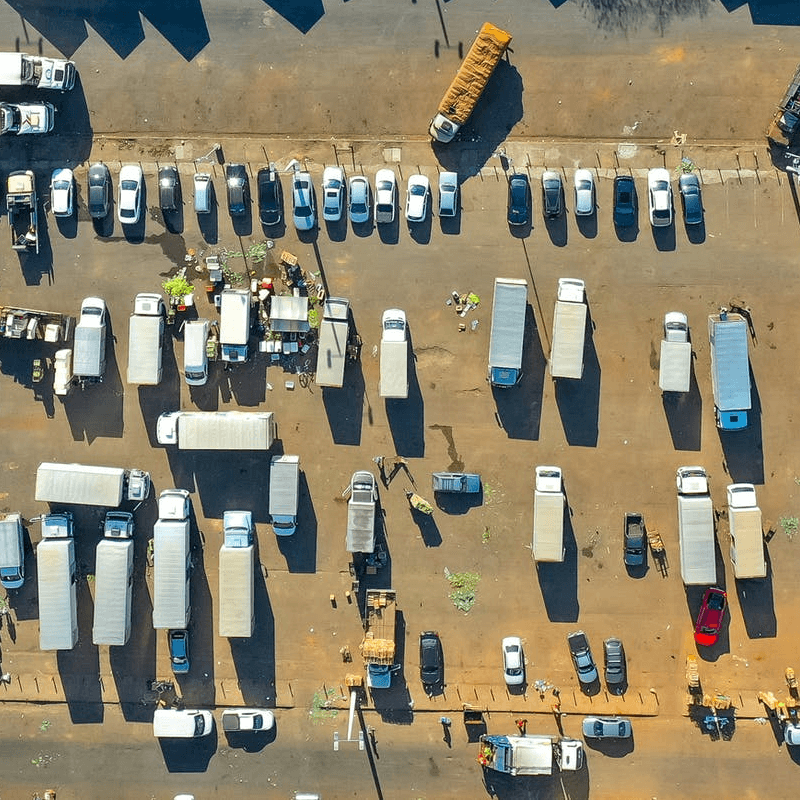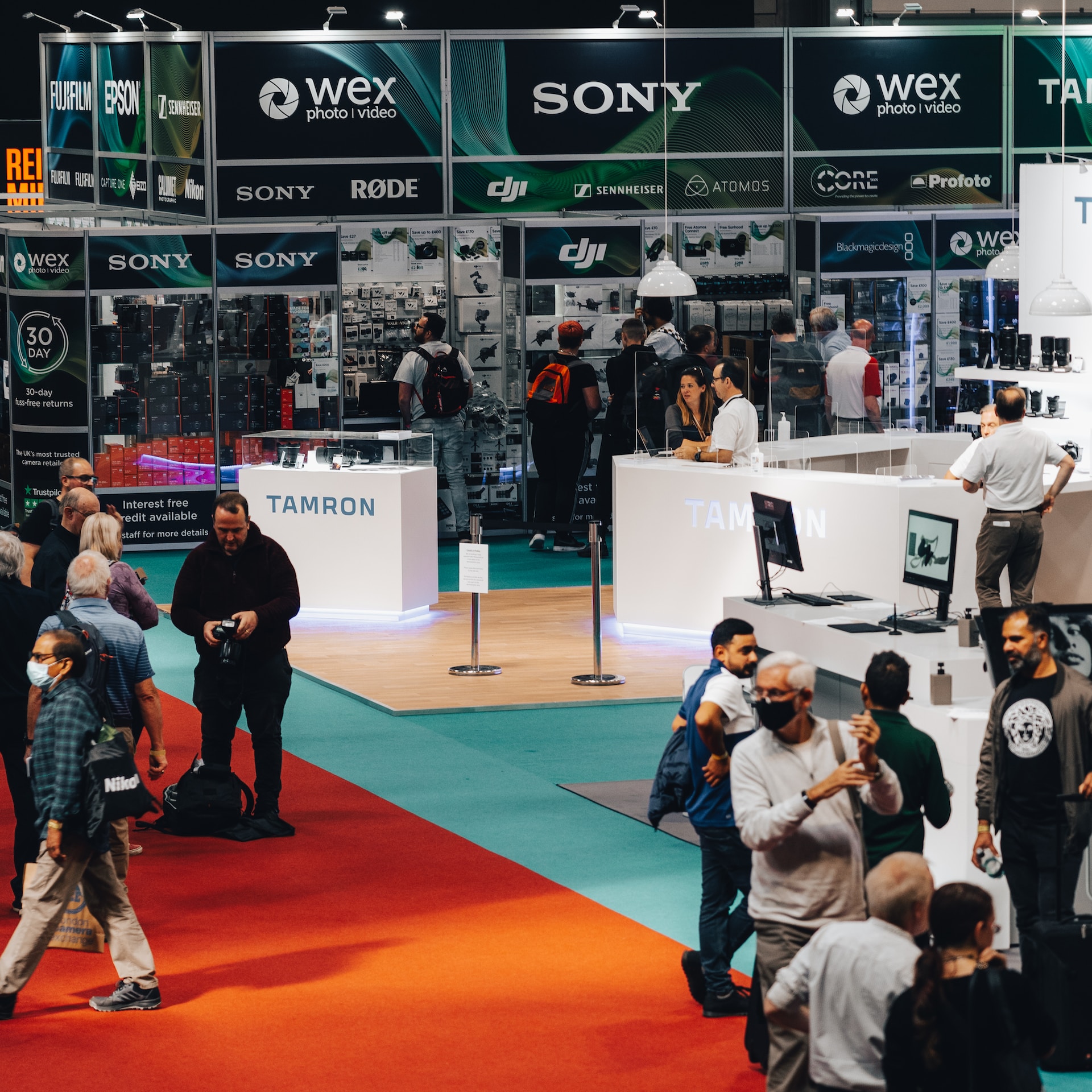Is LTL or FTL Better for Your E-Commerce Business?
Is LTL or FTL better for your E-Commerce business? Herein we are going to provide you with the benefits and differences between each method. One method (FTL ) supports large truckload quantities the other (LTL) is better suited for smaller shipments. Knowing how and when to use a particular type of freight service can greatly affect your on time delivery to sites such as Amazon.
However, it depends on what type of business and indeed how large of a business you are when comparing. Both offer services to physical stores, home delivery centers, online stores, etc. However, both have their advantages when it comes to separate capacities. So, here is the difference between LTL and FTL shipping with regards to E-commerce.
What is LTL?
Less than truckload shipping is characterized by your products not filling the entire truck. Hence, when you opt for it, your products aren’t the only ones filling the truck. This way, shipments from several different companies are added to the same truck.
This is a great opportunity for small businesses since they can take advantage of a full truck without paying the full price. With shared pricing, small businesses can cover just as many miles as large businesses without breaking the bank.
This is a great option for flexible delivery if you’re running a smaller operation. If you have items to deliver with greater flexibility for delivery times, LTL for E-commerce is perfect. Small businesses can make a greater profit by saving on delivery costs this way.
What is FTL?
As the name says, FTL allows you fill the entire truck with your products. This is more suitable for more established businesses that deal strictly in bulk shipments. Large quantities of products are secured on pallets. Freight weighing hundreds of tons can be transported including high risk and urgent products.
The merchandise is only handled during loading and unloading, there is much less of a safety risk. Also, less handling means greater efficiency and a lesser need to invest resources in notifying, billing, stopovers, etc.
Large E-commerce companies with consistent demands can afford this model. In fact, it makes economic sense for them to continuously ship out full trucks instead of smaller quantities more often. This is not only more expensive but also presents logistical challenges.
Hence, FTL for E-commerce is a great option for bulk shipping and consistent demand in E-commerce.
Other Key Factors To Consider Whether LTL or FTL For Your E-Commerce Is Best?
When you’re going to choose either FTL or LTL for your E-commerce operation, you should consider certain facts like:
- Origin: Will this logistics system support pickup from a specific place of origin?
- Destination: Will this logistics system support delivery to your destination?
- Profit Margins: How much profit do you need to make per shipment?
- Delivery Time: What is your average delivery time per shipment?
- Total and Frequency of Demand: How often and how much freight do you ship daily, weekly, and monthly?
- Brand Image: Do customers expect speedy delivery from you?
Taking into account all these factors will help you decide whether to choose LTL or FTL for E-commerce.
Get the Best Rates for FTL and LTL at Freight-Specialist
Freight Specialist brings you fantastic rates and services with both FTL and LTL shipping. So pick up the phone right now and book your shipment today!






